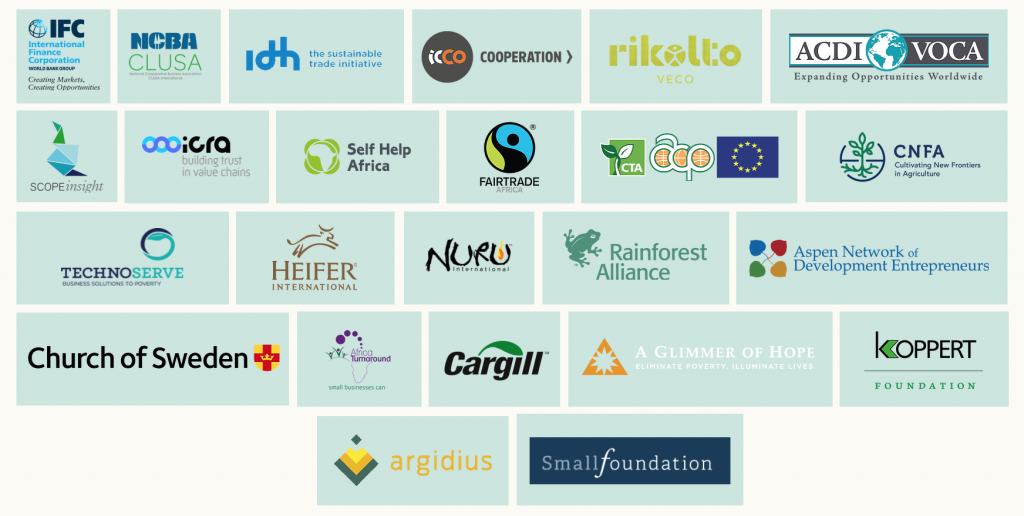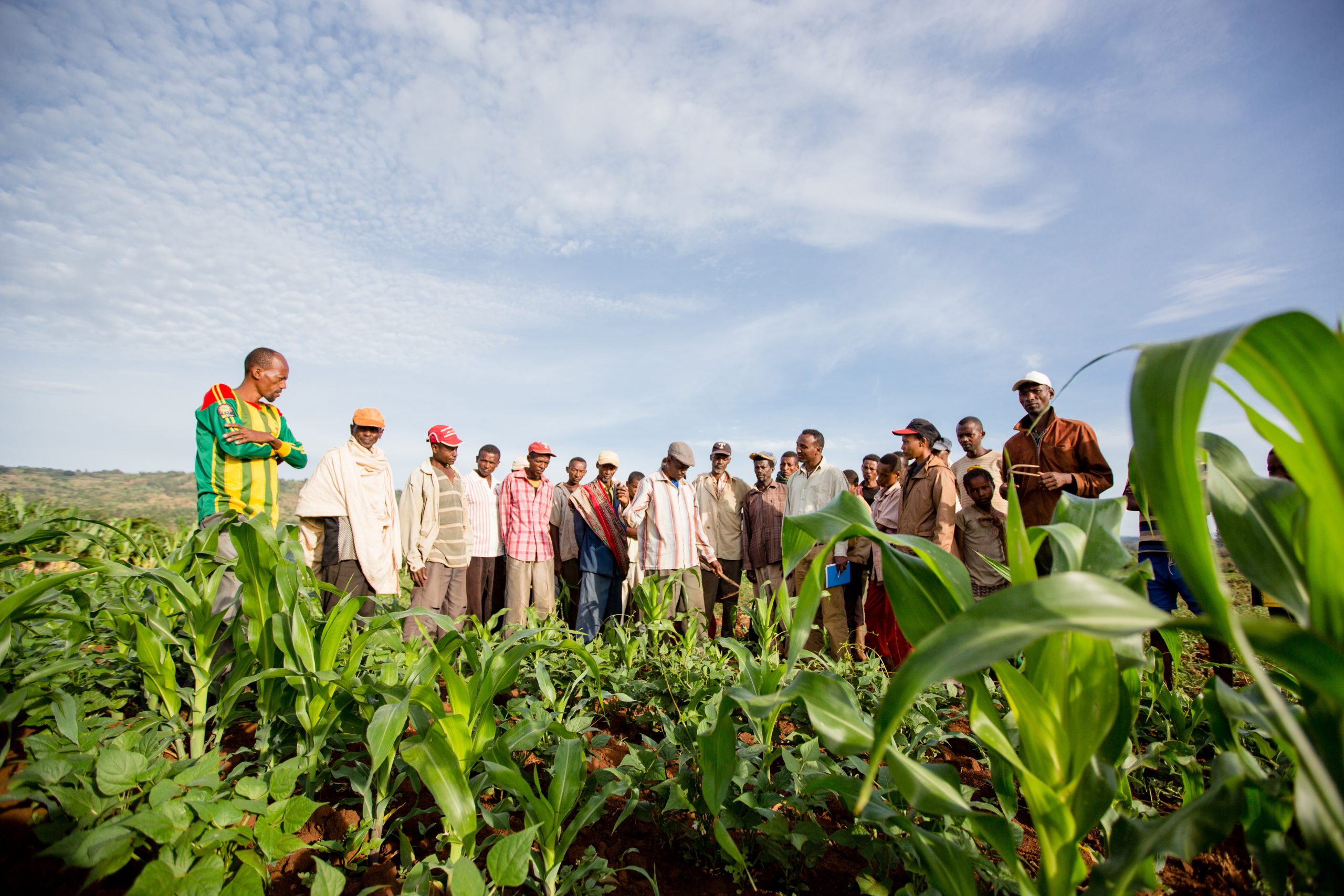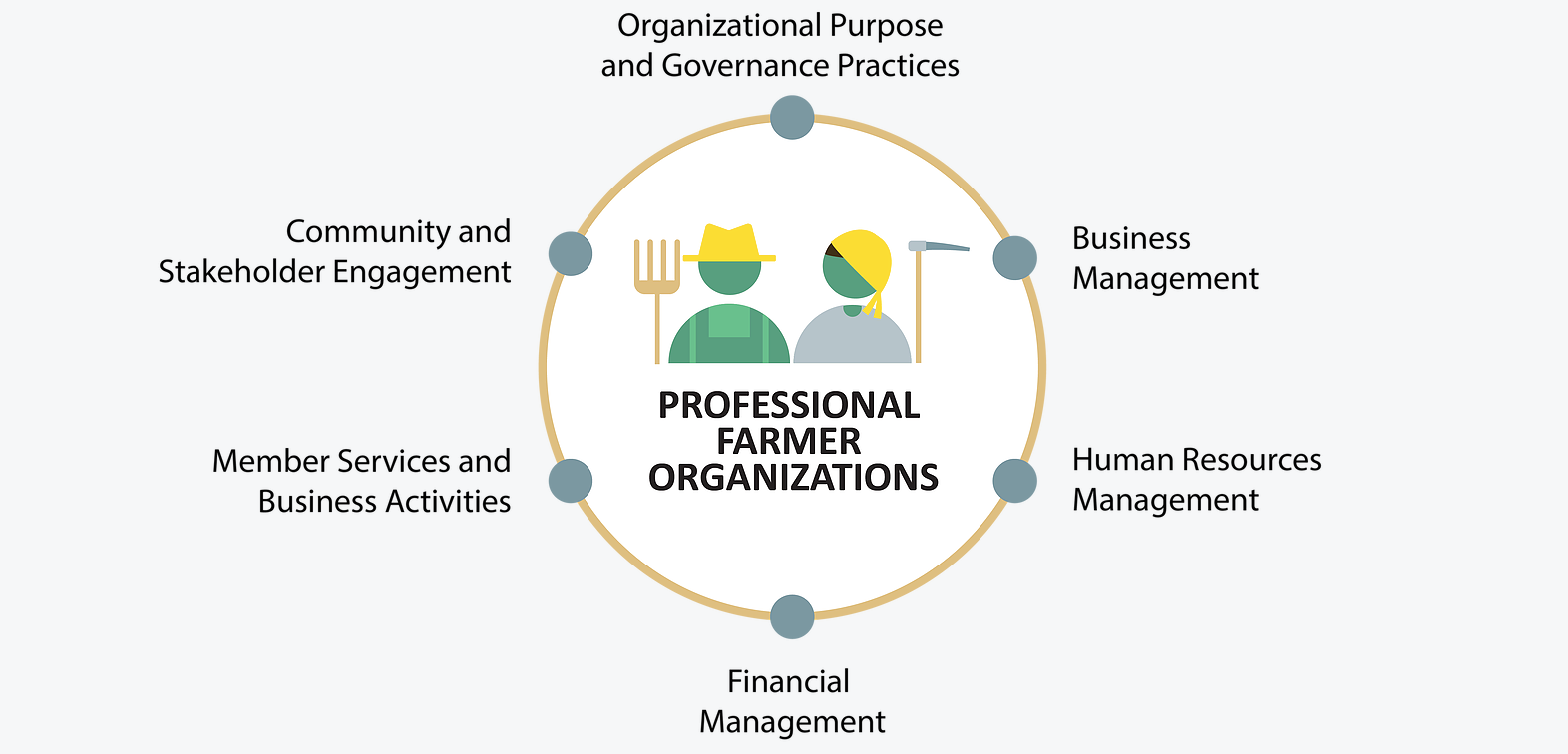At Nuru, a self-sustaining farmer organization is a locally-owned and maintained agribusiness, non-profit, or cooperative that is financially sustainable, managed efficiently by its leadership, and provides socio-economic benefits to its community. At its core, this component of the Nuru model focuses on engaging and collaborating with community members to build transformative institutions that can provide marginalized communities with agency and a platform for building trust and social cohesion.

In furtherance of this priority, Nuru is pleased to announce, as a member of the Agribusiness Market Ecosystem Alliance (AMEA), that the International Standards Organization (ISO) has published an International Working Agreement (IWA29) on “Professional Farmer Organizations”. IWA29 is a set of guidelines that details common technical definitions for the core capacities necessary to building professional farmer organizations. Professional farmer organizations are financially sustainable and transformative. Officially endorsed in support of the Sustainable Development Goals, the guidelines received over 250 contributors from farmer organizations, NGOs, national governments, and the private sector across the globe, Nuru International, Nuru Kenya, and Nuru Ethiopia provided active and vigorous voices throughout this inclusive process.
Nuru is a leader in community-led capacity development and contextualizing international best practices. Contextualizing may appear as obvious as translation, but it is a complex effort to build effective adult learning curriculums for illiterate or semi-literate traditional (non-latin) language speakers. As a full member of AMEA, Nuru is actively mainstreaming the six key capacities into our farmer organization capacity development strategies in Kenya, Ethiopia, and Nigeria. These capacities include: Organization Purpose and Governance, Business Management, Human Resources Management, Financial Management, Community and Stakeholder Engagement, and Member Services and Business Activities. AMEA has developed a detailed overview of the professional farmer organization guidelines that provides more detail regarding these capacities.
Nuru believes that the common understanding generated by the guidelines in IWA29 will allow all stakeholders, most importantly smallholder farmers, to speak the same technical language across countries, commodities, and supply chains. Simply, it ensures that the farmers Nuru serves can compete in a dynamic agribusiness sector and contribute to their local economy, security, and resilience.



